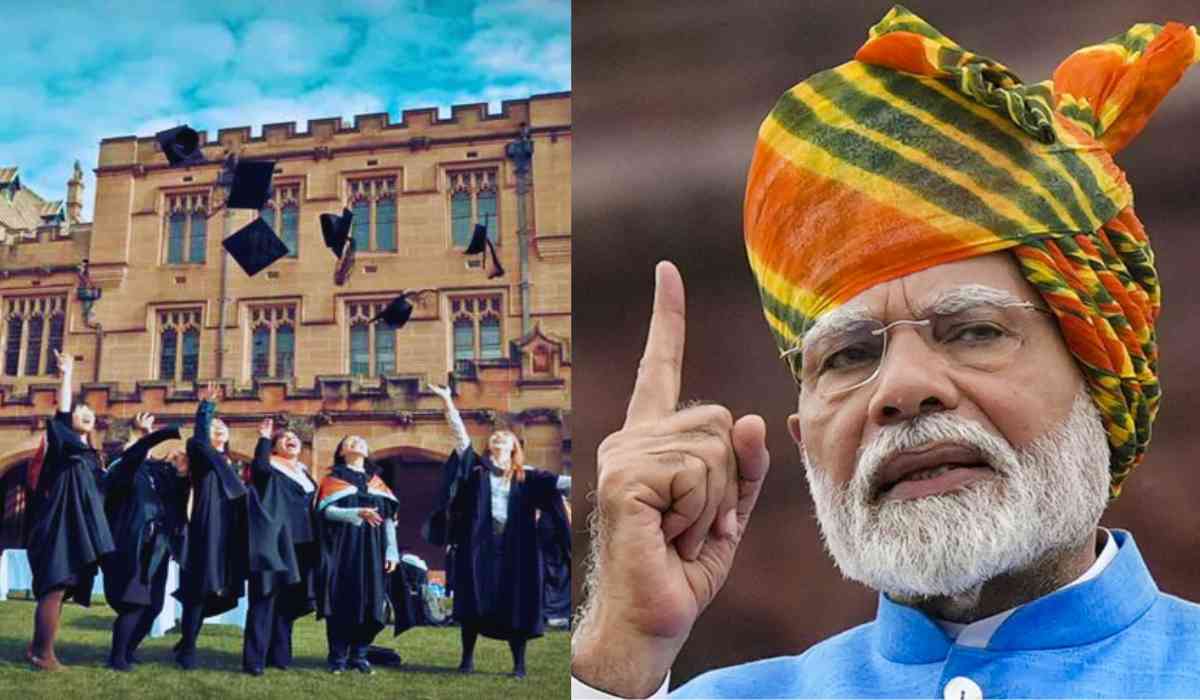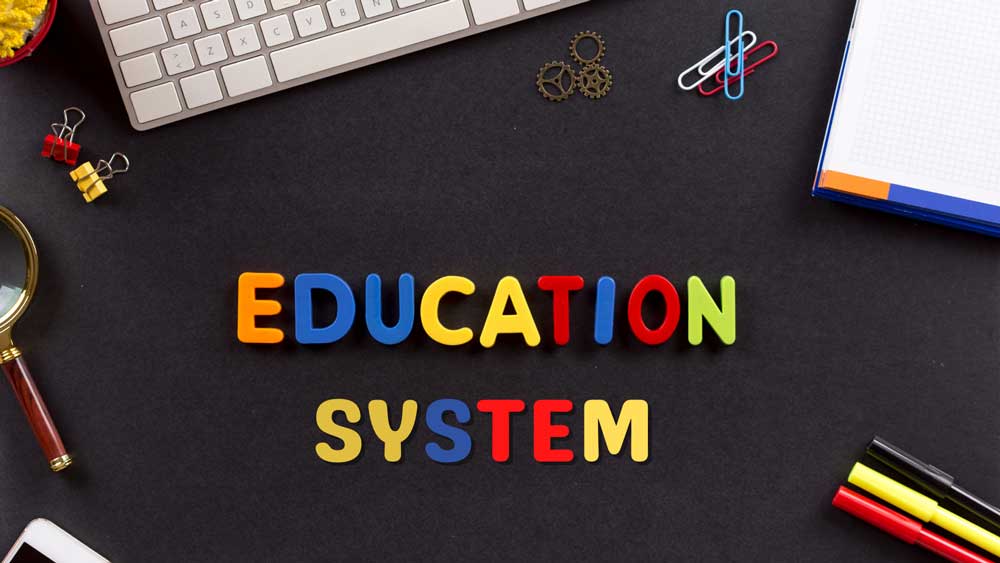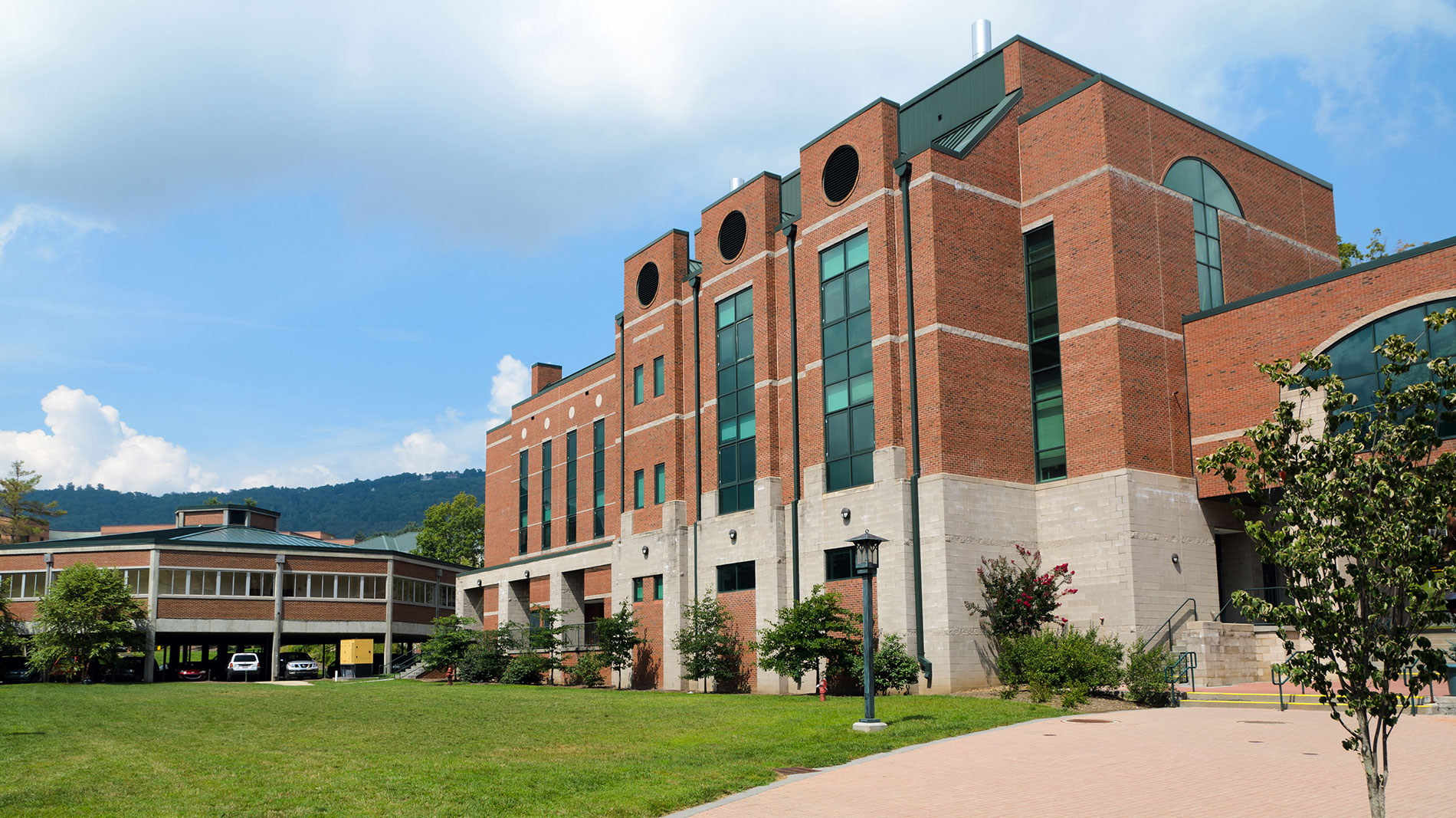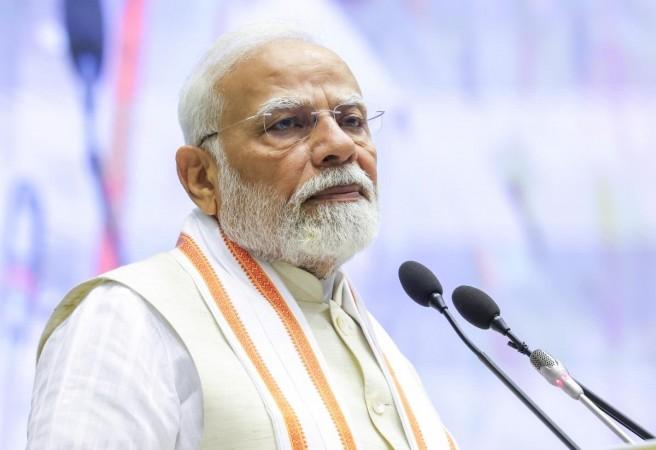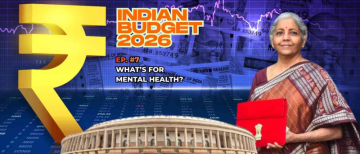Indian politicians—whether from the BJP, Congress, or other parties—often urge students to “study in India”. They talk about India's growing universities, the make-in-India spirit, and the national pride that comes with picking homegrown education. Every election season, the same slogans resurface, speeches overflow with promises to uplift Indian colleges and fight brain drain. Yet, paradoxically, when you look at where their own children go for higher studies, the story looks very different.
This contradiction reveals a deep hypocrisy in Indian political culture. Why do those who lead and reform education policies not seem to believe in the system enough to entrust their own children? This article explores this troubling pattern, backed by examples from top leaders and ministers, and discusses what the gap between their public words and private actions means for India’s education future.

The Political Calls to “Study in India”
Politicians rarely miss a chance to champion Indian education. They highlight initiatives like the establishment and expansion of IITs and IIMs, increased government spending on education, and reforms aimed at global university rankings. They invoke patriotism, telling youth to be “proud of Indian degrees” and caution against “running away” to foreign lands.
Several ministers have even described the desire to study abroad as a “new disease” or a threat to India’s intellectual progress. The notion is repeatedly pushed: if every student stays and studies in India, the country will prosper with a skilled workforce and stem the tide of brain drain that has characterized India’s diaspora for decades.
The Reality Behind Closed Doors: Where Politicians' Children Study
Despite this loud rhetoric, many political families choose premier foreign universities for their own children. This isn’t a rare anomaly but has become a widespread pattern cutting across party lines. Here are well-known examples of Indian political leaders whose children went abroad:
| Politician | Party | Child’s Name | University | Country | Degree/Field |
|---|---|---|---|---|---|
| Nirmala Sitharaman | BJP | Parakala Vangmayi | London School of Economics | UK | Journalism |
| Piyush Goyal | BJP | Dhruv & Radhika Goyal | Harvard University | USA | MBA, Investment Banking |
| Shivraj Singh Chouhan | BJP | Kartikeya Chouhan | University of Pennsylvania | USA | LLM (Law) |
| Rajnath Singh | BJP | Neeraj Singh | Leeds University | UK | MBA |
| S. Jaishankar | BJP | Dhruva Jaishankar | Georgetown University | USA | Security Studies |
| Prakash Javadekar | BJP | Apoorva Javadekar | Boston University | USA | Economics (PhD) |
| Hardeep Singh Puri | BJP | Tilottama Puri | Warwick University | UK | BA |
| Gajendra Singh Shekhawat | BJP | Suhasini Shekhawat | Oxford University | UK | Postgraduate |
| Jyotiraditya Scindia | BJP | Mahaaryaman Scindia | Yale University | USA | MBA |
| Dharmendra Pradhan | BJP | Naimisha Pradhan | Tufts University | USA | Law |
| Smriti Irani | BJP | Shanelle Irani | Georgetown University | USA | LLM (Law) |
| Jitendra Singh | BJP | Arunoday Singh | Oxford University | UK | Degree not specified |
| Jagdeep Dhankhar (Vice President) | BJP | Kamna Dhankhar | Wharton School | USA | MBA |
| Manish Sisodia | AAP | Son (Name undisclosed) | University in Canada | Canada | Not specified |
| Akhilesh Yadav | Samajwadi | (Self/Parent) | University of Sydney | Australia | Environmental Eng. |
| YS Jagan Mohan Reddy | YSRCP | Daughters (Unnamed) | King’s College London | UK | Not specified |
These names are merely the most visible examples. A deeper investigation will reveal many more politicians, including ministers and their families, who prioritize foreign education for their children.
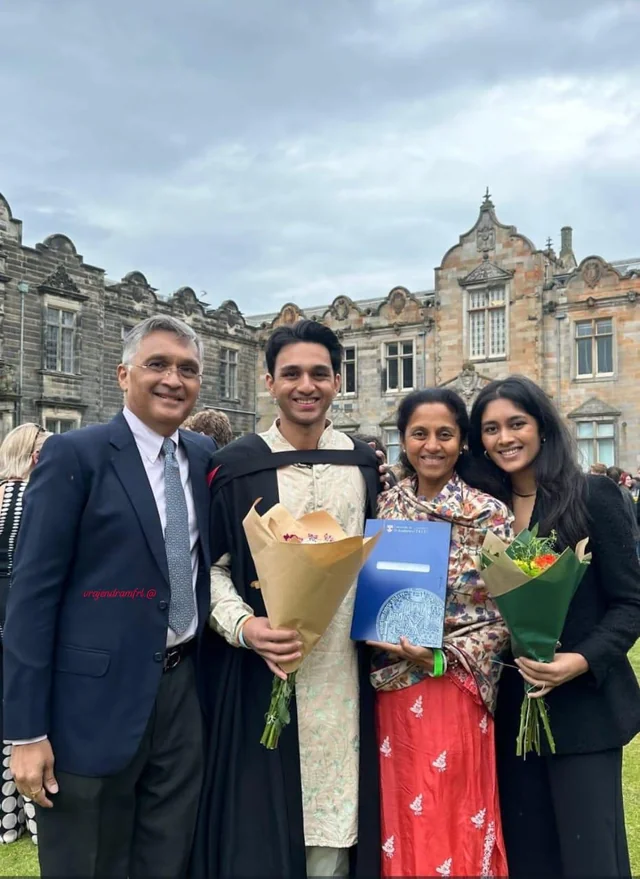
Why Do Politicians Prefer Foreign Education for Their Children?
One might wonder, why do these leaders, who promote Indian education policies, choose otherwise for their own families? The reasons are multiple and revealing:
-
Lack of Confidence in Indian Institutions: When decision-makers themselves don’t believe Indian universities provide education and opportunities worthy of their children, it underscores shortcomings in infrastructure, faculty quality, and research output.
-
Global Networks and Opportunities: Foreign universities not only offer degrees but access to powerful alumni networks, internships, funding, and global career prospects that Indian universities struggle to match.
-
Perceived Prestige and Competitive Edge: Politicians seek to give their children the best competitive advantage they can secure. For many, this means a foreign degree with reputed branding, improving social standing and employability.
-
Exposure to Different Cultures and Systems: There is value seen in exposure to diverse social and educational systems abroad, fostering global perspectives—something partly absent or perceived as weaker in Indian setups.
-
Financial Ability and Privilege: Being political elites, they have access to resources to afford costly education overseas; ordinary families rarely have this option.
The Contrast Between Public Advice and Private Reality
This double standard—publicly preaching “study in India” while privately opting for elite foreign education—is stark. It questions the sincerity of political promises around education reform and national development.
Consider that while ministers spotlight Indian education reforms designed to keep students at home, their children attend Harvard, Oxford, LSE, or Yale. Former Union ministers like Nirmala Sitharaman and Piyush Goyal, senior BJP leaders like S. Jaishankar and Rajnath Singh, and Congress leaders like Jyotiraditya Scindia have children enrolled abroad.
This signals that their faith in foreign education is stronger than what they express publicly. It also indicates that the political rhetoric urging Indian youth to stay might be more about optics and less about actual systemic belief and commitment.
Political Hypocrisy Cuts Across the Spectrum
The issue is not limited to one party. BJP, Congress, AAP, regional parties—political families across the board treat their children to foreign education. This reveals:
-
The problem is systemic, not partisan.
-
The educational challenges in India affect all politicians irrespective of ideology.
-
Political will to fix education is compromised when leaders maintain personal escape routes.
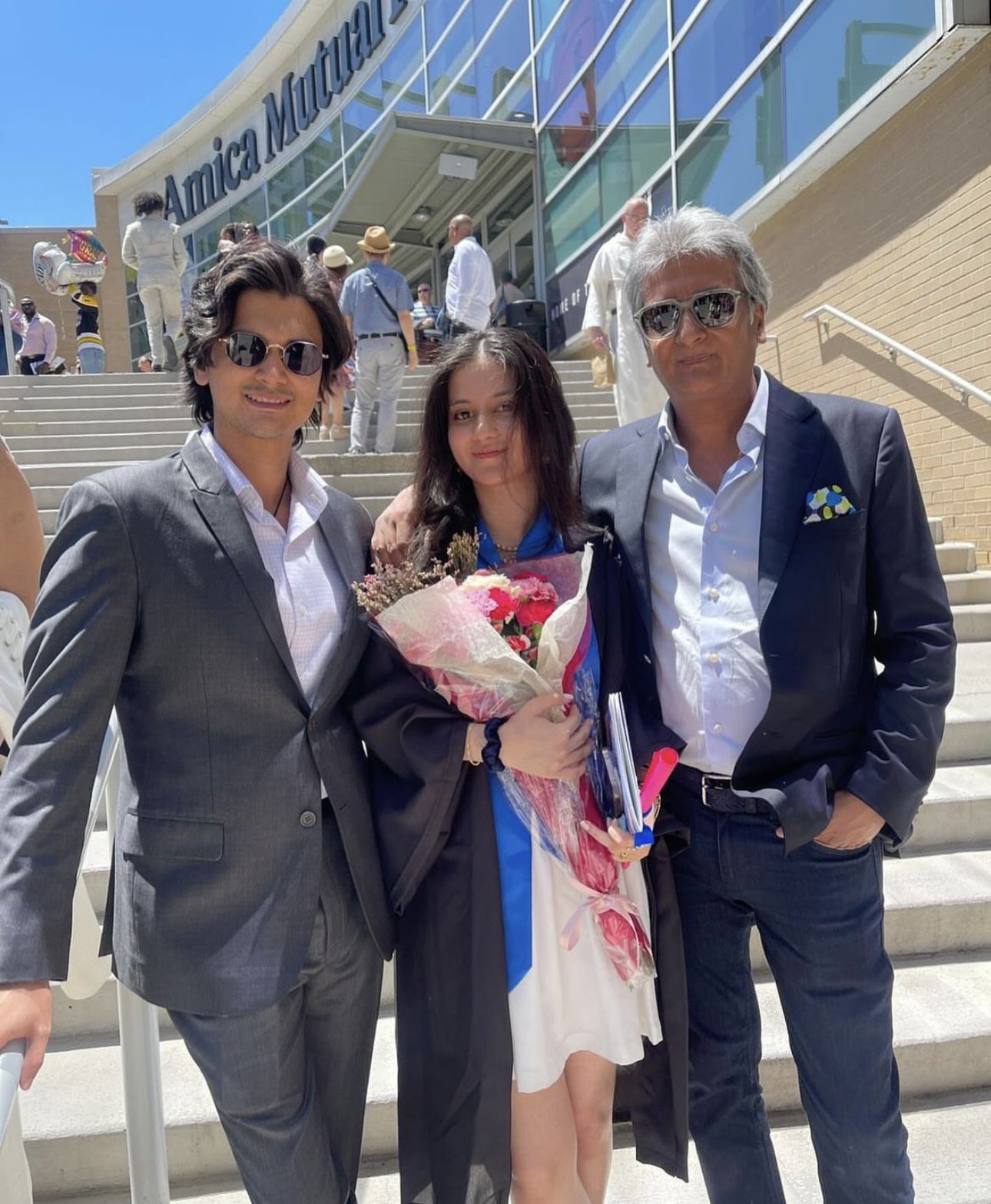
Consequences for Indian Students and Education
This widespread political hypocrisy affects Indian education in several ways:
-
Erosion of Trust: When citizens notice politicians acting contrary to their appeals, they lose faith in government promises.
-
Slow Progress in Reforms: Lack of personal stake reduces urgency in pushing through challenging reforms that could uplift quality and infrastructure.
-
Brain Drain Continues: The message for students is clear: home universities aren’t good enough for the best futures, encouraging more to seek admission abroad.
-
Inequality Widens: Only privileged political families can secure foreign education, cementing social stratification and limiting upward mobility for lower-income families.
-
National Ambitions Undermined: India’s progress as a knowledge economy depends on strong universities and human capital. Political duplicity weakens this.
What Would Genuine Support for “Study in India” Look Like?
For politicians to be credible in encouraging students to study domestically, actions must match words:
-
Enroll Their Own Children in Indian Institutions: Leading by example would demonstrate genuine faith in Indian universities.
-
Invest and Innovate in Higher Education: Prioritize increased funding, autonomy, global collaborations, and faculty recruitment to raise academic standards.
-
Transparent Reforms with Public Accountability: Show measurable improvements in graduation outcomes, research output, campus infrastructure.
-
Empower Indian Students Globally: Facilitate international exposure and exchange programs from Indian campuses rather than pushing students to completely relocate abroad.
-
Address Regulatory and Structural Roadblocks: Simplify admission processes, reduce corruption and college seat hoarding, and protect student rights.
The Future of Indian Education Hinges on Political Integrity
The repeated exhortation to “study in India” rings hollow when those shaping educational policies themselves place bets elsewhere. For India to become a global knowledge hub, political leadership must first trust and invest genuinely in its own system.
Until politicians’ private choices align with public advice, Indian students will continue to view foreign education as superior. The gap between rhetorical nationalism and practical decisions reveals a deeper crisis of faith and delivery in India’s higher education.
Ironically, the hope for Indian education’s bright future rests not just in policy changes but in the willingness of its leaders to show confidence in India by enrolling their own children in its institutions. Only then will the call to study in India carry true weight—not as lip service, but as a proud, lived reality.
With inputs from agencies
Image Source: Multiple agencies
© Copyright 2025. All Rights Reserved Powered by Vygr Media.

